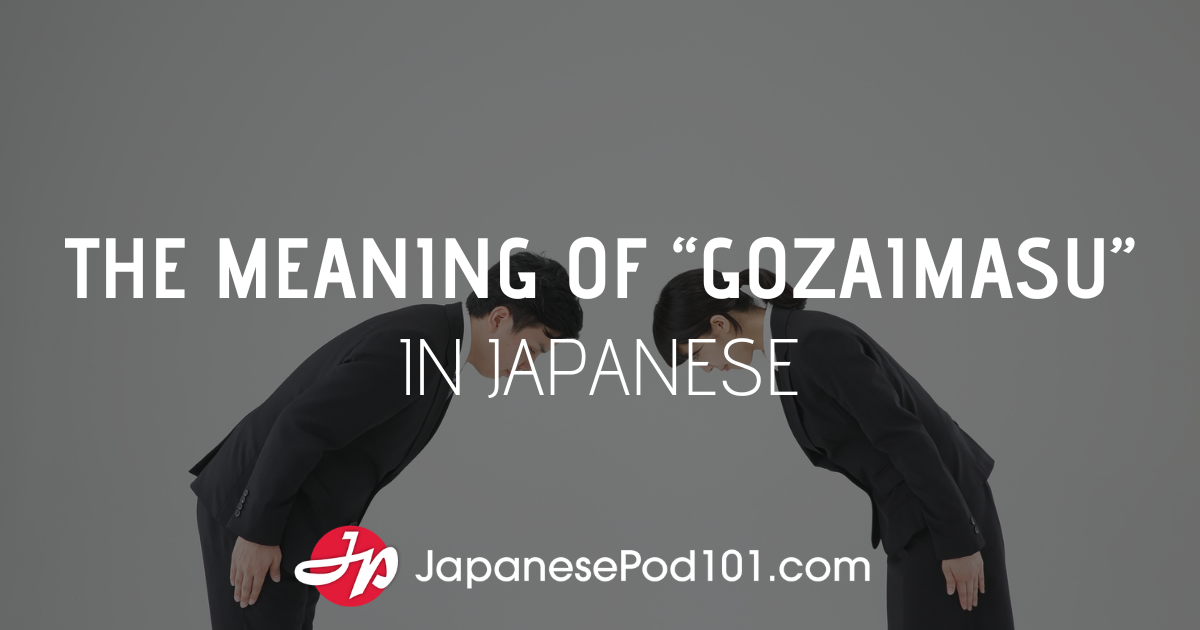Henshall says that, in 鮮, 魚 means “fish,” while 羊 means “sheep.” No surprises so far. But now it gets strange: 羊 lends connotations of “fine” here. (Huh? How?) A “fine fish” is essentially a fresh fish, which has come to mean “fresh” in general. “Clear” and “vivid” are extended meanings.
Learn Japanese in minutes!
Sign up and start speaking now!
Blog Posts
- Popular
- Recent
-
How to Say Hello in Japanese: Practical Japanese Greetings
January 12, 2019Greetings are the most important things to learn when learning a new language. Japanese greetings are not only words... -
How to Say I Love You in Japanese – Romantic Word List
February 7, 2019Do you often feel lonely and sad? Do you long for romance and are willing to do whatever it takes to meet that... -
How To Say ‘Thank you’ in Japanese
November 27, 2017In most cultures, it is custom to express gratitude in some way or another. The dictionary defines gratitude as...
-
What Does “Gozaimasu” Mean in Japanese?
February 3, 2026When learning Japanese, you will quickly encounter the phrase “arigato gozaimasu” – a polite way to say “thank you.”... -
Want to Learn Japanese in 25 Days? (New 25-Day Challenge!)
January 22, 2026Embarking on a language-learning journey often feels like standing at the foot of a massive mountain. Many learners... -
What Does “Domo” Mean in Japanese?
January 8, 2026If you've ever watched anime or listened to the famous lyric "domo arigato," you might wonder about the word domo....









